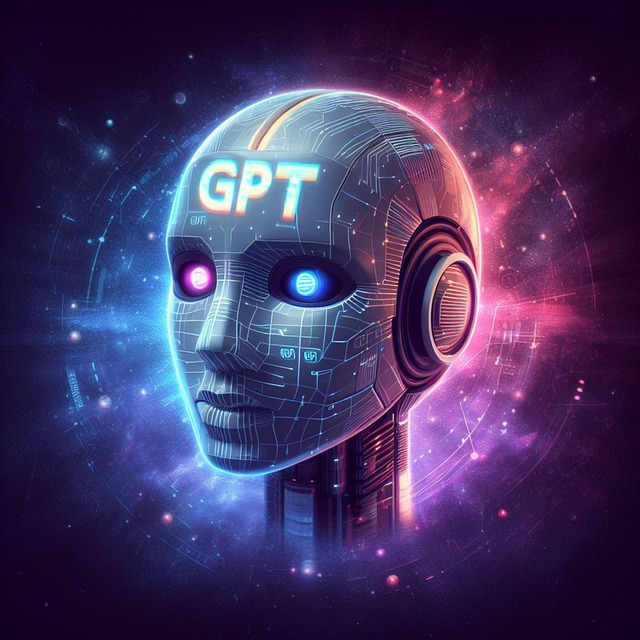Open-source ChatGPT is revolutionizing AI with transparency and community collaboration, empowering developers globally to evolve its language models. In contrast, proprietary ChatGPT platforms limit user control over data usage and storage due to closed-source code and strict licensing agreements, prioritizing commercial interests over privacy. Open-source alternatives offer customization, security audits, and collaborative improvements, appealing to users seeking more control. While proprietary ChatGPTs provide advanced features, open-source AI is expected to grow, democratizing technology, enhancing features, and expanding applications in areas like data analysis and complex problem-solving.
“Unraveling the differences between open-source and proprietary ChatGPT models is crucial for understanding their unique strengths. This article dives into these contrasting approaches, offering a comprehensive comparison.
We explore the benefits of Open-Source ChatGPT, where transparency and community collaboration thrive. On the other hand, Proprietary ChatGPT focuses on user privacy and commercial applications.
Additionally, we delve into licensing, customization possibilities, and future trends shaping the ChatGPT landscape.”
- Open-Source ChatGPT: Transparency and Community
- Proprietary ChatGPT: Privacy and Commercial Use
- Licensing, Customization, and Future Trends
Open-Source ChatGPT: Transparency and Community

Open-source ChatGPT brings a new level of transparency to the AI language model realm. Unlike their proprietary counterparts, these models are freely accessible, allowing users to inspect and understand the inner workings of the technology. This accessibility fosters a sense of community among developers and enthusiasts who collaborate to improve, refine, and expand the capabilities of open-source ChatGPT. Everyone can contribute to its evolution, ensuring it remains adaptable and responsive to the diverse needs of its users.
The collaborative nature of open-source development enables the integration of varied perspectives and expertise. This diverse community approach aligns with modern work trends, such as virtual collaboration tools and remote learning best practices, where connections are no longer limited by geographical boundaries. As a result, ChatGPT gains from this collective intelligence, leading to innovative presentation design principles and an ever-expanding pool of knowledge that benefits users worldwide—even inspiring new science experiment ideas that can be found on our platform.
Proprietary ChatGPT: Privacy and Commercial Use

Proprietary ChatGPT platforms, like those offered by major tech companies, operate on closed-source code and strict licensing agreements. This means users have limited control over how their data is used and stored. These platforms often prioritize commercial interests over user privacy, tracking interactions for targeted advertising and potentially selling aggregated user data. For instance, they may use the responses generated for training and improving their models without explicit consent from users.
While proprietary ChatGPT can offer advanced features and robust performance, this comes at the cost of transparency. Users are essentially renting access to a service rather than owning or contributing to its development. This is in stark contrast to open-source alternatives where developers have full visibility into the code, enabling them to customize functionality, conduct independent audits for security and privacy, and collaborate on improvements. For those seeking more control over their data and computational resources, exploring open-source tools for education and coding tutorials for beginners can be a preferable route, even if they may not always match the sophistication of commercial offerings. Even unique ideas like science experiment projects can benefit from this approach, as developers often find innovative uses for open-source ChatGPT models by tailoring them to specific research or educational needs—a freedom that proprietary platforms cannot offer. Find us at science experiment ideas to discover more about leveraging open-source tools.
Licensing, Customization, and Future Trends

When comparing open-source and proprietary ChatGPT models, licensing plays a pivotal role. Open-source platforms offer their code publicly, allowing developers to modify and customize the AI according to specific needs. This transparency fosters collaboration and innovation, as users can adapt the model for unique use cases, from creating personalized educational tools like flipped classroom models and enhancing time management strategies for students to ensuring ethical online research practices. In contrast, proprietary ChatGPTs maintain private codebases, limiting direct customization but often providing robust out-of-the-box capabilities.
Looking towards future trends, the open-source movement in AI is expected to gain momentum. This democratization of technology empowers organizations and individuals to contribute to and benefit from collective advancements. As more developers participate, we can anticipate enhanced features, improved efficiency, and expanded applications, including novel uses in fields like data analysis, natural language processing for online research ethics, and even the integration of graphing calculator tips that visit us at any time to aid in complex problem-solving.
In comparing open-source and proprietary ChatGPT models, it’s clear that each has its strengths. Open-source offers transparency and community collaboration, fostering innovation and ensuring ethical development. Proprietary models, on the other hand, prioritize privacy and commercial use, allowing for tailored solutions and advanced features. As we move forward, licensing flexibility and customization will shape the future of ChatGPT, with both approaches playing vital roles in shaping AI’s evolution.








Leave a Reply
You must be logged in to post a comment.